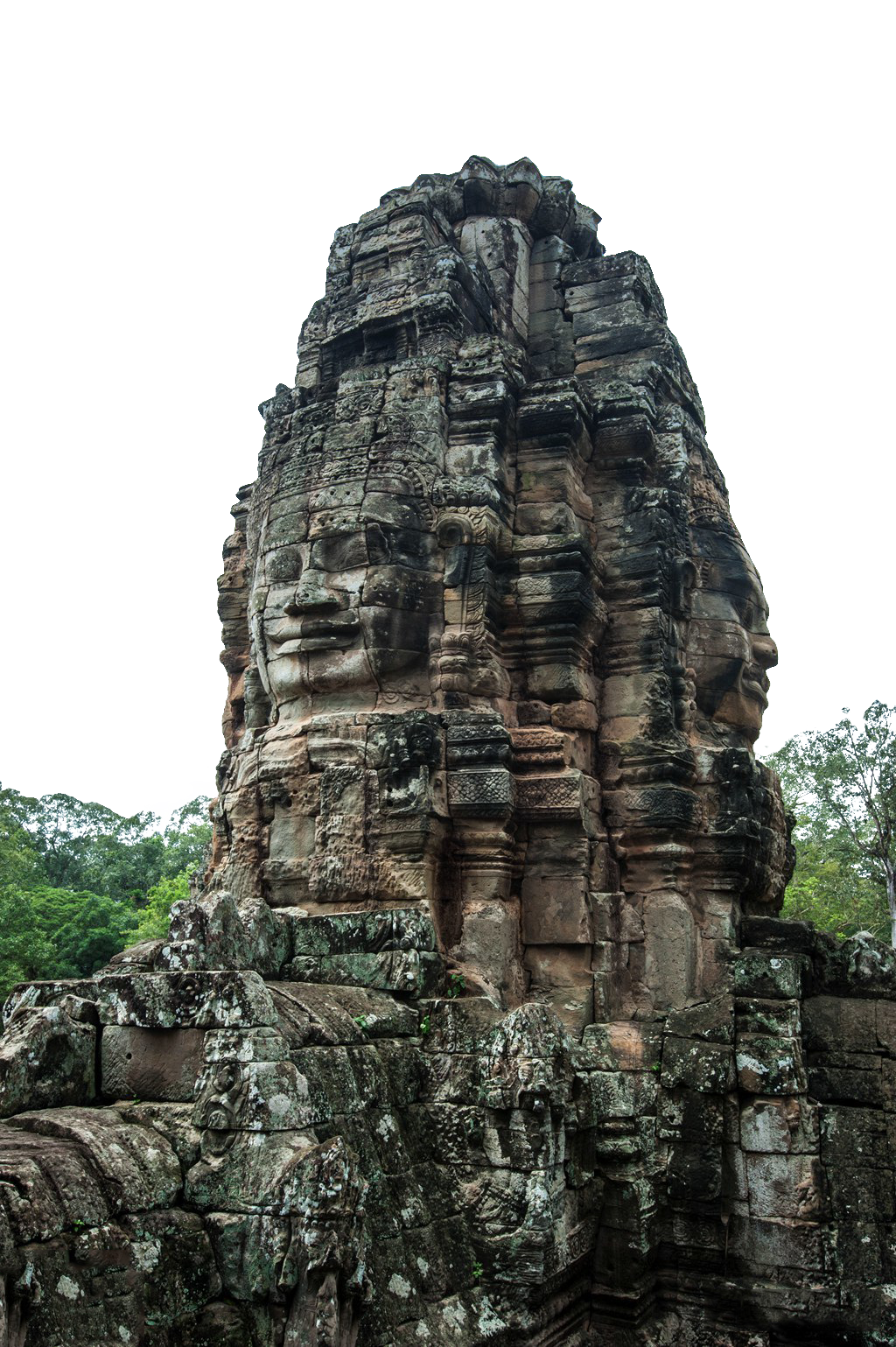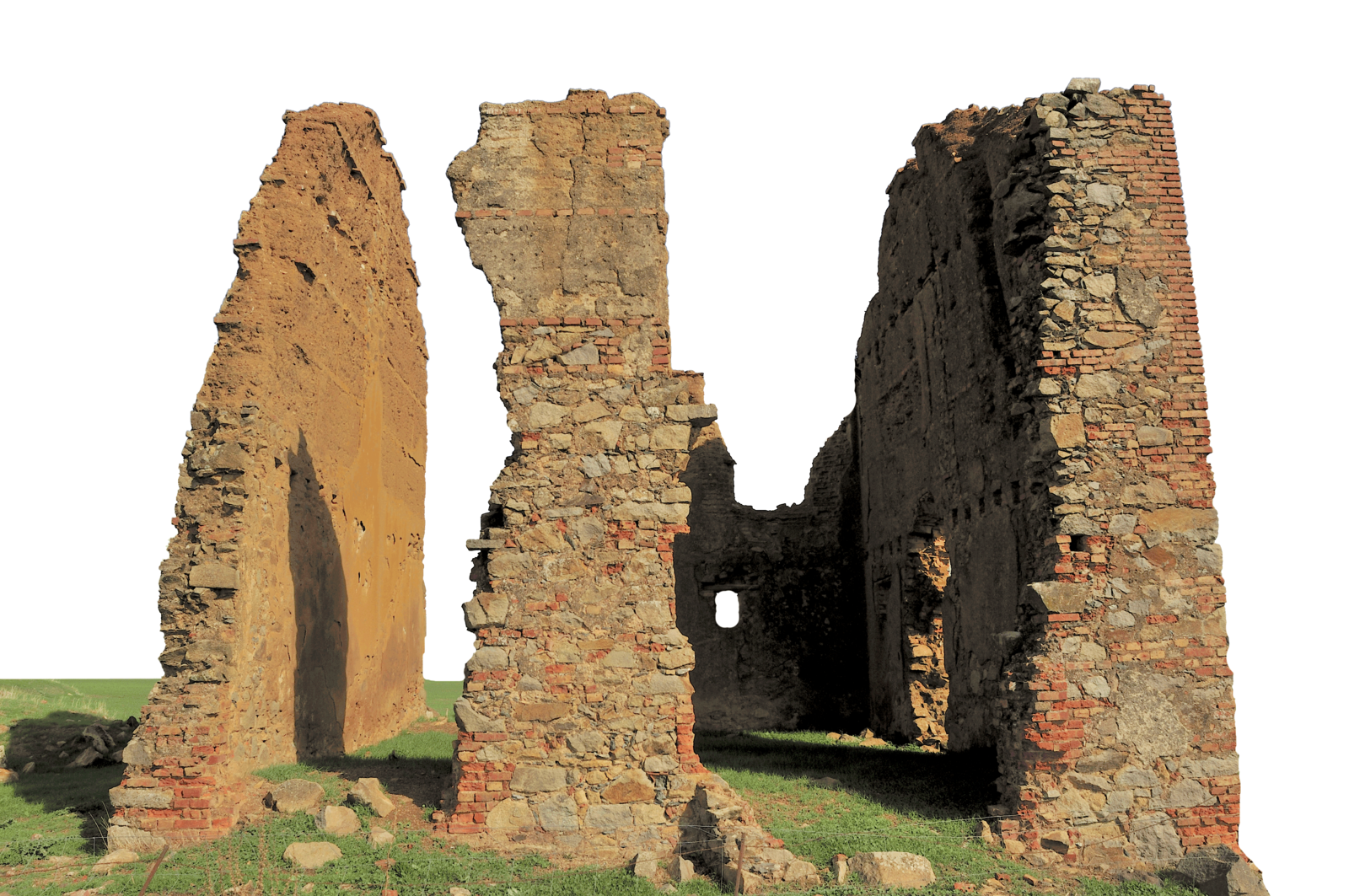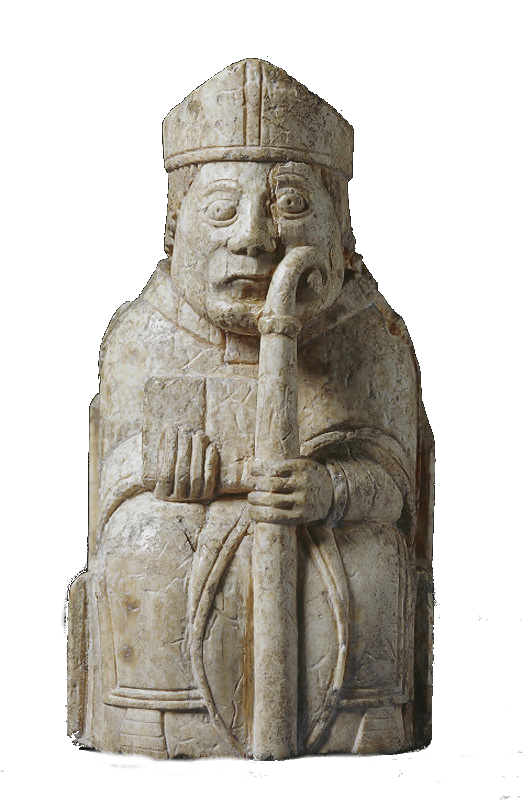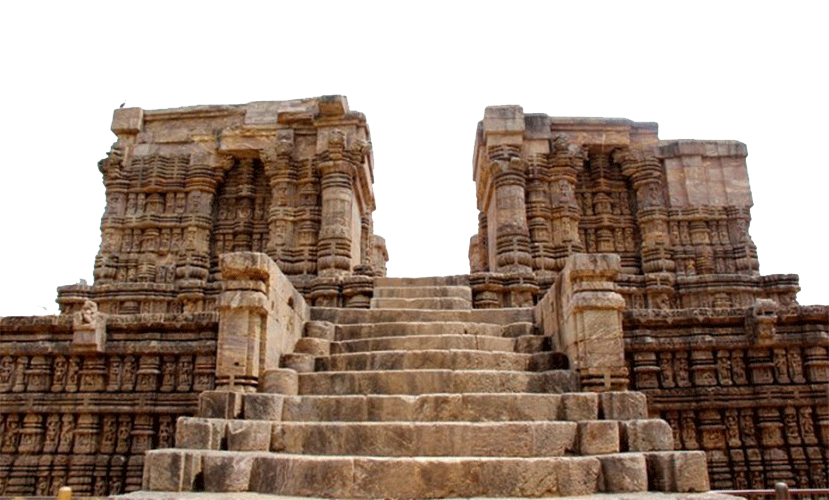Archaeology
Welcome to c/Archaeology @ Mander.xyz!
Shovelbums welcome. 🗿

Notice Board
This is a work in progress, please don't mind the mess.
- 2023-06-15: We are collecting resources for the sidebar!
- 2023-06-13: We are looking for mods. Send a dm to @fossilesque@mander.xyz if interested!
About
Archaeology or archeology[a] is the study of human activity through the recovery and analysis of material culture. The archaeological record consists of artifacts, architecture, biofacts or ecofacts, sites, and cultural landscapes.
Archaeology has various goals, which range from understanding culture history to reconstructing past lifeways to documenting and explaining changes in human societies through time.
The discipline involves surveying, excavation, and eventually analysis of data collected, to learn more about the past. In broad scope, archaeology relies on cross-disciplinary research. Read more...
Rules
- Don't throw mud. Be kind and remember the human.
- Keep it rooted (on topic).
- No spam.
- No pseudoscience/pseudoarchaeology.

Links
Archaeology 101:
Get Involved:
University and Field Work:
- Archaeological Fieldwork Opportunities Bulletin
- University Archaeology (UK)
- Black Trowel Collective Microgrants for Students
Jobs and Career:
Professional Organisations:
- Chartered Institute for Archaeologists (UK)
- BAJR (UK)
- Association for Environmental Archaeology
- Archaeology Scotland
- Historic England
FOSS Tools:
- Diamond Open Access in Archaeology
- Tools for Quantitative Archaeology – in R
- Open Archaeo: A list of open source archaeological tools and software.
- The Open Digital Archaeology Textbook
Datasets:
Fun:
Other Resources:

Similar Communities
Sister Communities
Science and Research
Biology and Life Sciences
- !anthropology@mander.xyz
- !biodiversity@mander.xyz
- !palaeoecology@mander.xyz
- !palaeontology@mander.xyz
Plants & Gardening
Physical Sciences
Humanities and Social Sciences
Memes
Find us on Reddit

view the rest of the comments
This is the best summary I could come up with:
Scientists have discovered a long-buried branch of the Nile River that once flowed alongside more than 30 pyramids in Egypt, potentially solving the mystery of how ancient Egyptians transported the massive stone blocks to build the monuments.
The 40-mile-long (64km) river branch, which ran by the Giza pyramid complex among other wonders, was hidden under desert and farmland for millennia, according to a study revealing the find on Thursday.
“But nobody was certain of the location, the shape, the size or proximity of this mega waterway to the actual pyramids site,” said the lead study author, Eman Ghoneim of the University of North Carolina Wilmington in the US.
Radar gave them the “unique ability to penetrate the sand surface and produce images of hidden features including buried rivers and ancient structures,” Ghoneim said.
This indicates that the river played “a key role in the transportation of the enormous building materials and workmen needed for the pyramid’s construction”, she added.
These heavy materials, most of which were from the south, “would have been much easier to float down the river” than transport over land, the study co-author Suzanne Onstine of the University of Memphis said.
The original article contains 503 words, the summary contains 194 words. Saved 61%. I'm a bot and I'm open source!